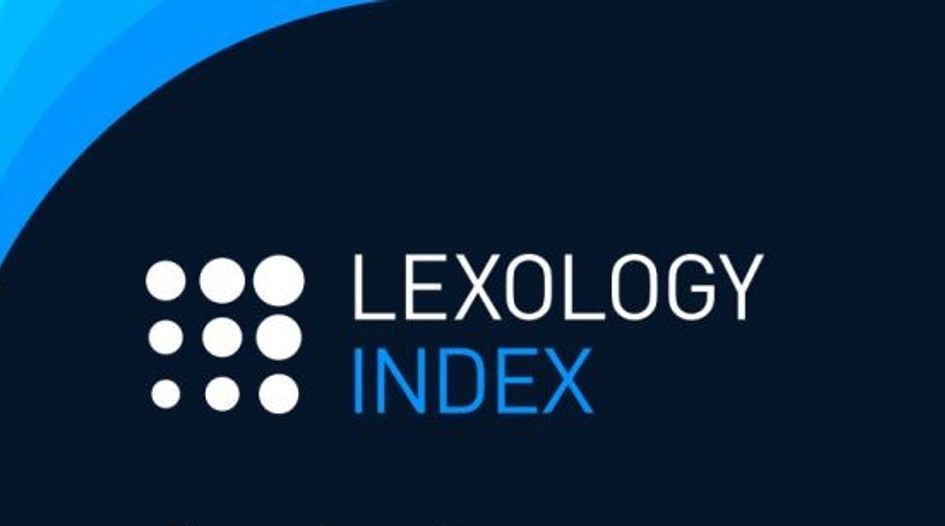On 4 March 2021, according to an UNCITRAL statement, Malawi acceded to the 1958 United Nations Convention on the Recognition and Enforcement of Foreign Arbitral Awards, also known as the New York Convention (the “New York Convention” or “Convention”). On 2 June 2021, the New York Convention will enter into force for Malawi and it will become the 167th party and 42nd African country to join the Convention.
Declaration and relevance of accession
In accordance with Article 1, paragraph 3, of the New York Convention, the Malawi government declared that the Convention would only apply to (i) awards made in the territory of another contracting State, (ii) differences arising out of relationships deemed as “commercial” under the laws of Malawi, and (iii) arbitration agreements concluded, or arbitral awards rendered, after Malawi’s accession to the New York Convention.
The New York Convention and its almost global ratification have been a key element of the success of arbitration. It requires courts of contracting States to give effect to arbitration agreements when an action is brought before them in a matter covered by the arbitration agreement. It also obliges State parties to recognise and enforce awards made in other States, except for a set of narrow exceptions, such as for reasons of public policy or due process considerations.
If properly implemented, the New York Convention would improve the means available to foreign investors in the African country for the protection and enforcement of their legal rights, both from an International Commercial Arbitration perspective, as well as for Investment Treaty Arbitration (brought under rules other than ICSID). Companies investing in Malawi will be able to enforce before local courts any arbitration agreement or arbitration award.
Other developments in Foreign Investment Protection in Malawi
Its accession to the New York Convention is one of a number of steps taken by Malawi to attract foreign investment. It does not seem a coincidence that earlier this year Malawi also joined the African Continental Free Trade Area treaty (the “AfCFTA”) and became the 35th member state to ratify such agreement. The AfCFTA aims at accelerating intra-African trade and foreign direct investment, as well as boosting Africa’s trading position in the global market by strengthening Africa’s common voice and policy space in global trade negotiations.
In addition, Malawi is in the advanced stages of ratifying the agreement establishing the COMESA-EAC-SADC Tripartite Free Trade Area (the “Tripartite FTA”). The Tripartite FTA aims to resolve the problem of overlapping membership by uniting three of Africa’s major Regional Economic Communities namely, Common Market for Eastern and Southern Africa, East African Community and Southern African Development Community. It will also create a crucial means for the harmonisation and effective implementation of the AfCFTA and its instruments.
For further information about these developments, please contact Robert Volterra (Robert.Volterra@volterrafietta.com) or Gunjan Sharma (Gunjan.Sharma@volterrafietta.com).



